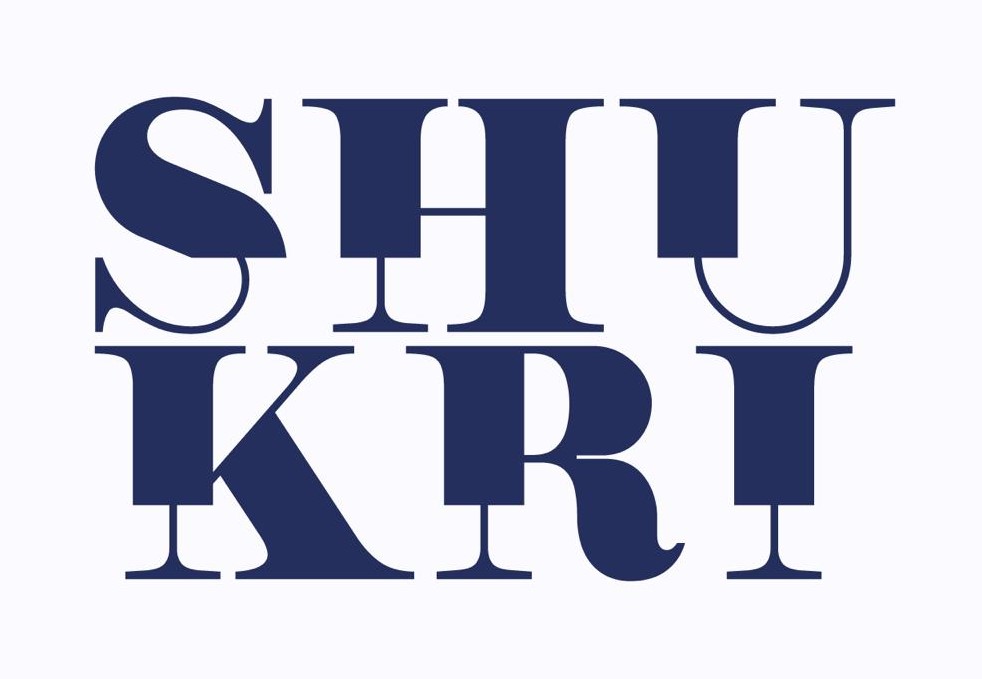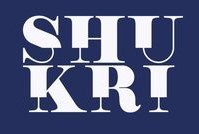Financial transactions and reports are essential to running a business. They aid companies in complying with regulations and laws. For example, public companies have to submit to governing bodies such as the Securities Exchange Commission reports to demonstrate that they are following the rules of financial accounting. They also have to submit tax returns to their tax authorities to prove that they adhere to corporation tax laws.
The reporting that a business does can help identify cash outflows and inflows, so the business can plan for future opportunities and threats. Finance teams also have the responsibility to inform the company about potential risks and obstacles. This includes helping the business recognize why cash flow is important and how it can be tracked.
A crucial aspect of good financial reporting is clear descriptions of each transaction. This is particularly important when creating documents such as cash statements, deposit modifications, requisitions, order orders and travel expense reports. A properly written description will be able to tease out the specific purchase so that it can be differentiated from other ledger entries in standard ledger and Finance Mart reports.
FINTRAC uses financial data from the public to track and detect suspicious activity such as money laundering and financing of terrorists. The agency detects patterns and trends by studying reports from credit unions, banks as well as money service businesses and casinos, as well as data from other sources.
FINTRAC’s goal is to safeguard Canadian society and the economy from profits of criminal activity. To do this, it works with companies and law enforcement partners to prevent money laundering and terrorist financing by identifying patterns of suspicious activity and sharing actionable intelligence with stakeholders.
www.boardroomplace.org/hybrid-board-of-directors-and-remote-management

